Jamia Millia Islamia organises online international conference on Digital Humanities
.jpg)
A two-day online international conference on 'Confronting the 'Global', Exploring the 'Local': Digital Apprehensions of Poetics and Indian Literature(s)' was hosted by the Department of English, Jamia Millia Islamia from 21-22 December 2020 on Zoom. Supported by the scheme for promotion of academic and research collaboration, Ministry of Education, Government of India, the conference was organised in collaboration with Michigan State University, USA.
Prof. Nishat Zaidi, the Head of English Department, JMI, inaugurated the conference by giving the welcome address. She spoke about the conference as being a part of the larger academic collaboration of the University under the SPARC scheme, which began in 2019 and aimed at starting a conversation about digital humanities in Indian universities.
JMI Vice-Chancellor, Prof. Najma Akhter, welcoming all the international and national intellectuals and research scholars from different disciplines, highlighted the importance of the emerging field of digital humanities and the possibilities it has for the future of humanistic inquiry in India.
Elaborating on the themes defining the conference, Dr. A. Sean Pue, Associate
Professor, Michigan State University discussed the kind of collaborations required for digital humanities practice to flourish in a multilingual space such as India. He especially foregrounded the disparities that mark the digitization efforts within the spaces of Global South and the Global North.
The keynote session included the address by Prof. Amardeep Singh who spoke about the digital editions of Henry Louis Derozio’s poetry and how thematic collections such as this allows him to imaginatively reconstruct the poetical geographies of Romanticism. Prof. Nirmala Menon’s address focused on how “E-Lit” has grown over the years. Yousuf Saeed elaborated on how the traditional mushaira form acquiring a cult status in India’s small towns because of remediation on YouTube. Michael Falk examined digital cultures through the tripartite model of the ‘canon, the cosmopolis, the archive, to reimage world literature as the sum total of all the literature in the world that could be mapped by computational methods. Prof. Roopika Risam’s talk underscored the sustainability of digital projects, elaborating on the open-access archives devoted to non-Anglophone Literatures.
AIMIM News
Latest Urdu News
Most Viewed
Can Lionel Messi's visit boost Indian football?


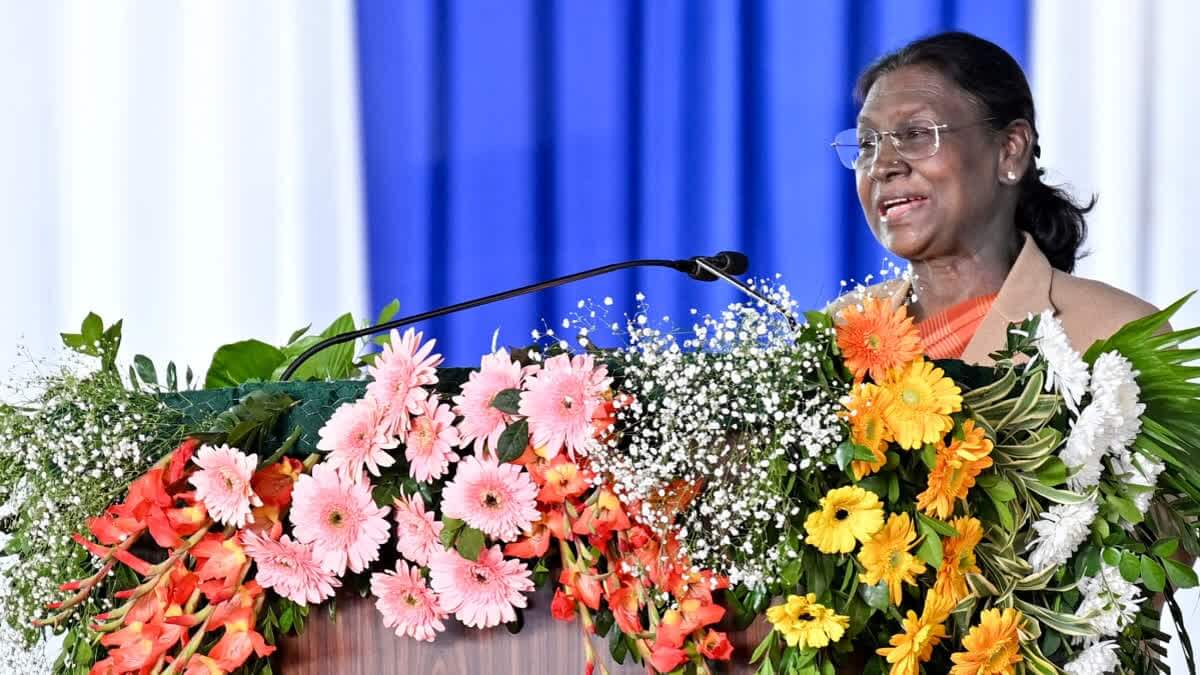
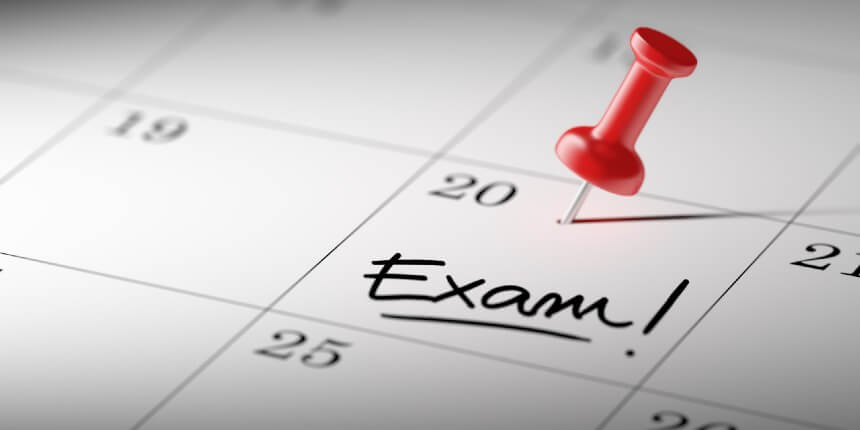


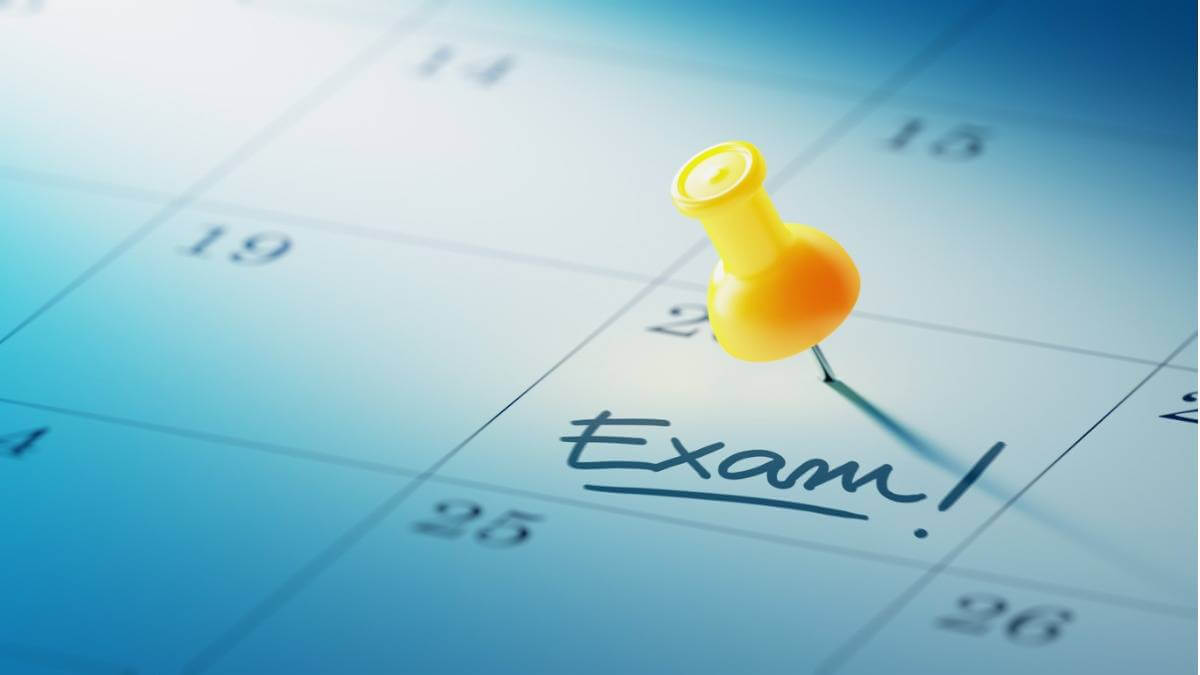
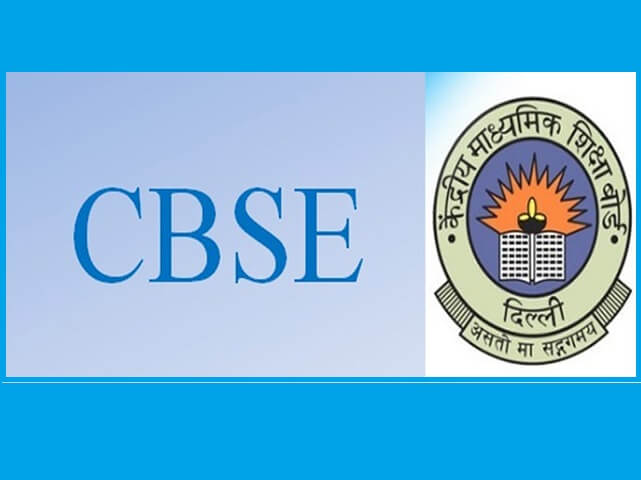

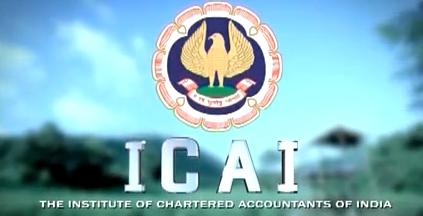
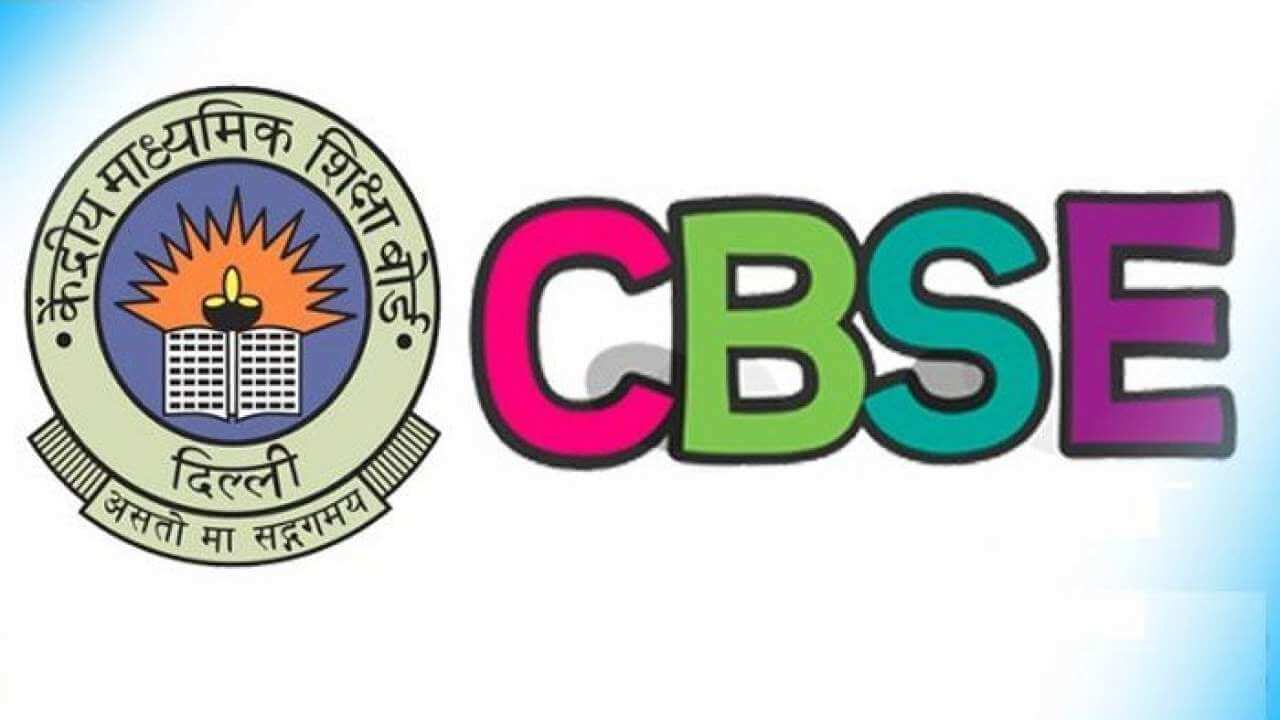
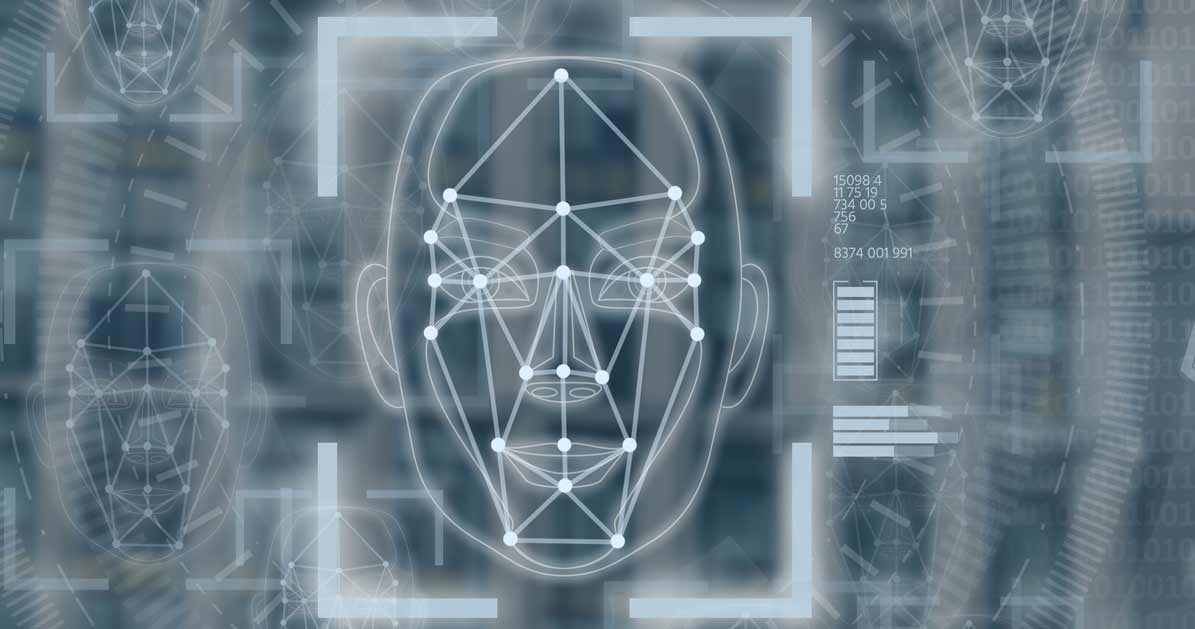


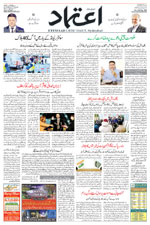










.jpg)
.jpg)
.jpg)


